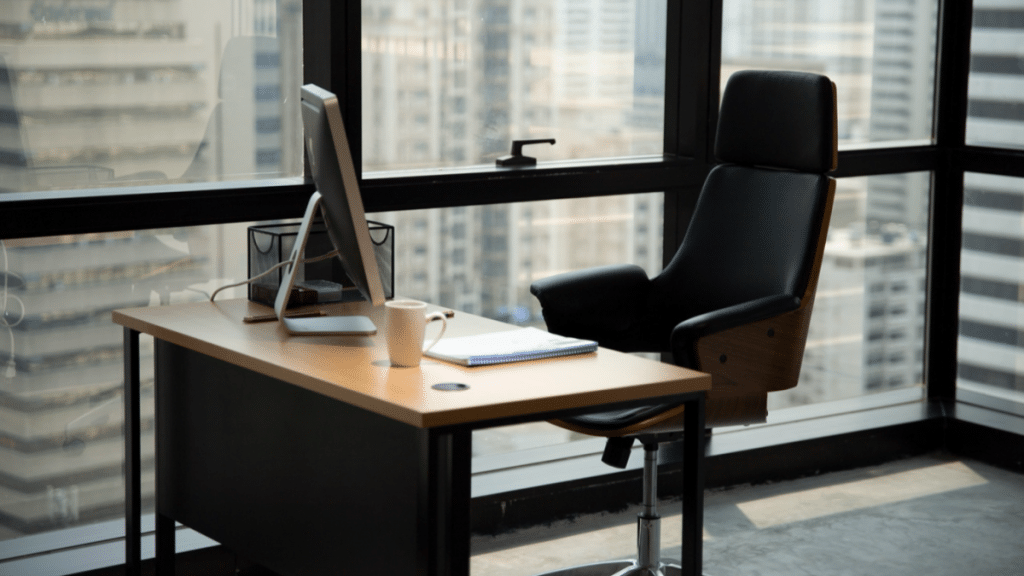With remote work and home offices becoming increasingly common, finding the right furniture to support productivity is crucial, and a small computer desk can be a perfect solution for limited spaces. However, not all desks are created equal. When choosing a computer desk, there are certain features to look for to ensure you make the right decision. Here’s a guide to the top features to consider.
Size
The most obvious feature to consider is the desk’s size. Before you splash cash, measure your available space to ensure a proper fit. A computer desk should not overwhelm your space; instead, it should seamlessly integrate into your space. Look for desks that maximize surface area without taking up too much floor space. Compact designs, such as a corner desk, or wall-mounted options, can optimize your layout.
Storage Options
Effective storage becomes vital when dealing with a limited space. Choose desks with built-in shelves, drawers, or cubbies to keep your workspace organized. Drawers can store office supplies, paperwork, or personal items, keeping your work area clutter-free. Some desks even come with modular storage units that can be added or removed as needed, providing flexibility.
Ergonomics
The desk’s height should allow for a comfortable sitting position. An ergonomically designed desk is essential to prevent strain on your back, neck, and wrists, especially if you spend long hours working. But there are also decks small desks with adjustable height features. This makes it possible to alternate between sitting and standing, enhancing comfort and productivity.
Material and Durability
The material of the desk affects not only its aesthetic appeal but also durability. You will need to go for high-quality materials that can withstand frequent use. Solid wood desks are often more durable but may be heavier, while metal or particleboard options can be lighter and easier to move. Additionally, consider the desk’s finish. A surface that is easy to clean and resistant to scratches will maintain its appearance over time.
Cable Management
Managing cables is crucial for a tidy workspace in this digital age. Thus, it would be best if you chose desks with built-in cable management features, such as grommets, trays, or clips. These can help keep power cords and charging cables organized and out of sight, reducing clutter and distractions.
Versatility
A small desk should be versatile enough to serve multiple purposes. Consider desks that can accommodate not just a computer but also other tasks, such as writing or crafting. Some designs come with extendable surfaces or foldable designs that allow you to create additional workspace when needed. This flexibility can be a game-changer when working with a small area.
Mobility
If you anticipate to move your desk around or reconfigure your workspace frequently, then a desk with wheels or a lightweight design is an ideal choice. Mobile desks can easily be relocated, which is especially helpful for those who may want to change their office layout or temporarily use the desk in another room.
Price and Value
So, what’s your budget like? Small computer desks are off different prices, so it’s important to find a balance between quality and affordability. Choose desks that offer good value for your money, depending on the features they provide. Sometimes, spending a little more on a well-constructed desk can save you money in the long run, as you won’t need to replace it more often.
